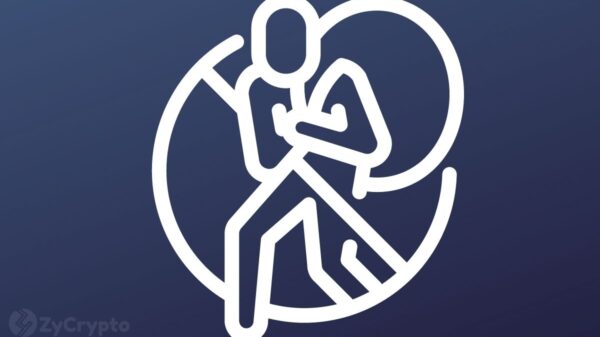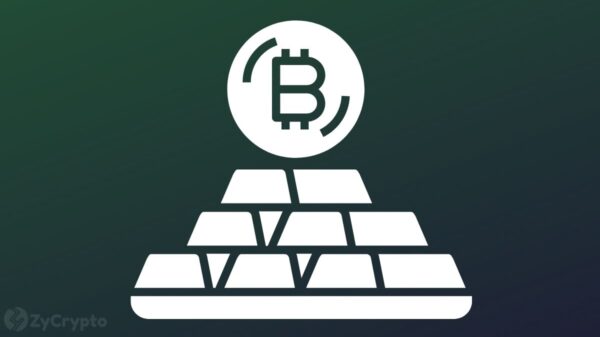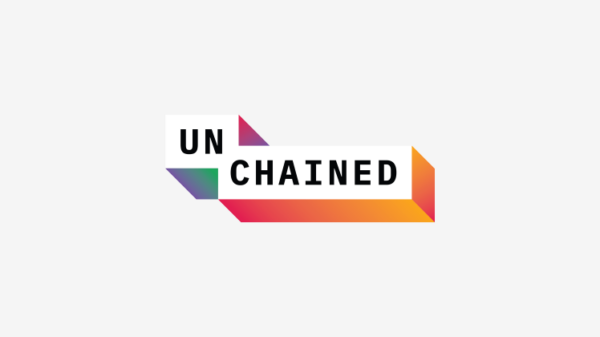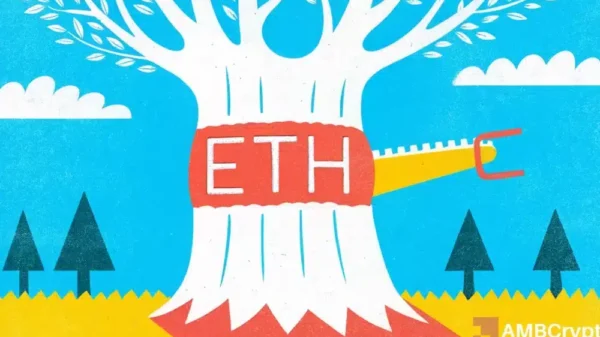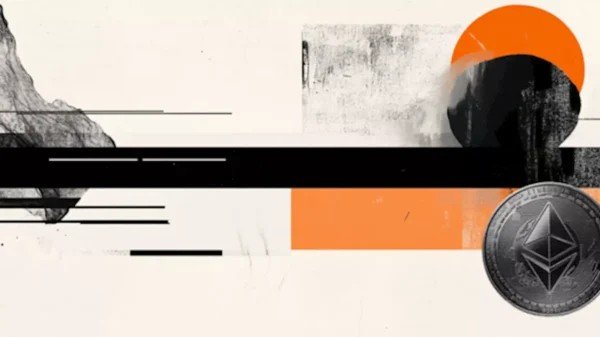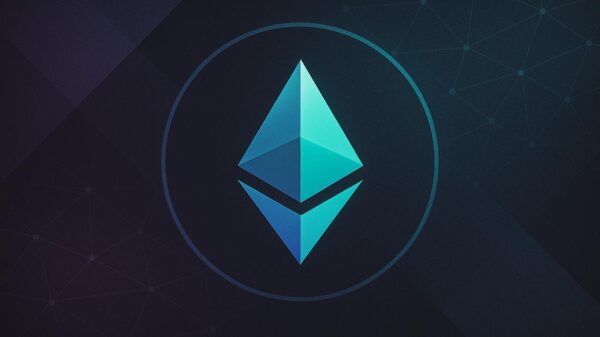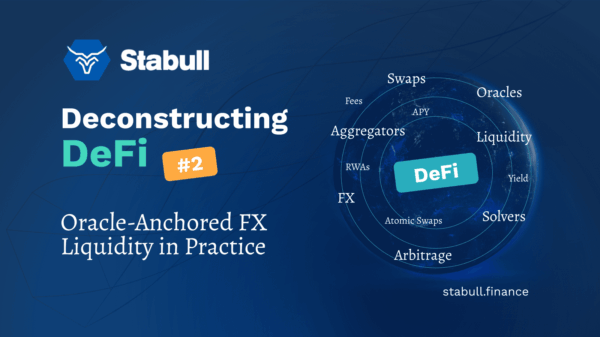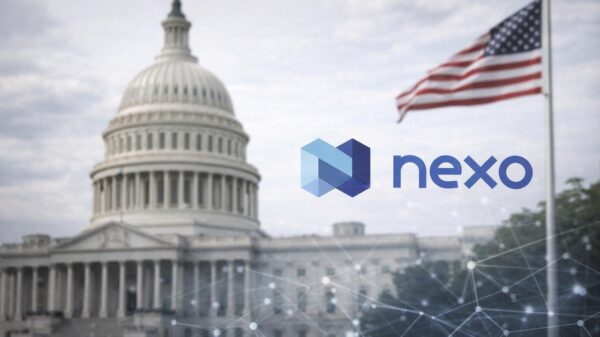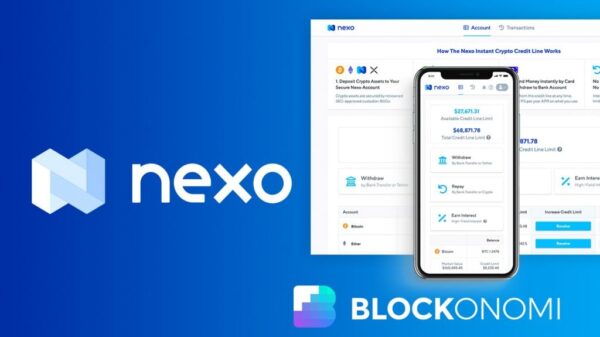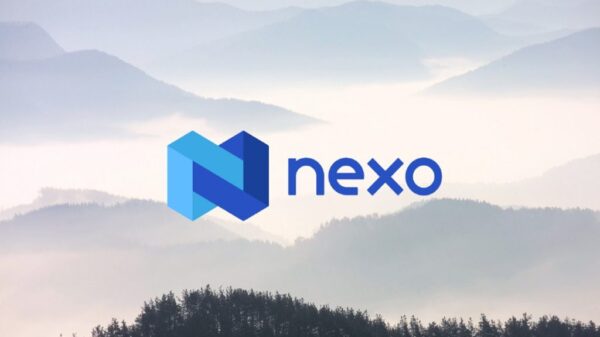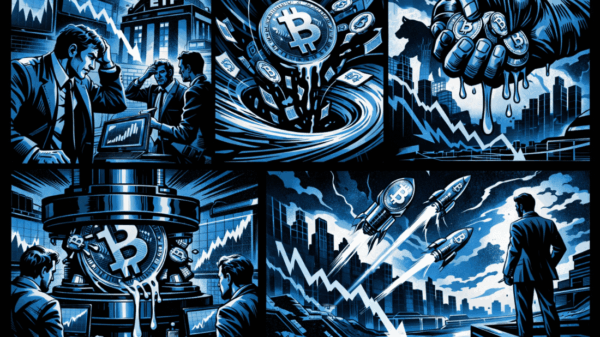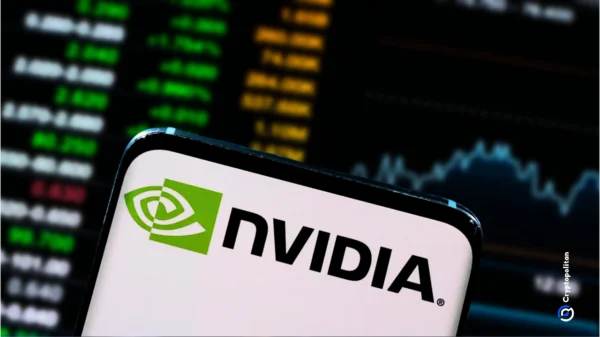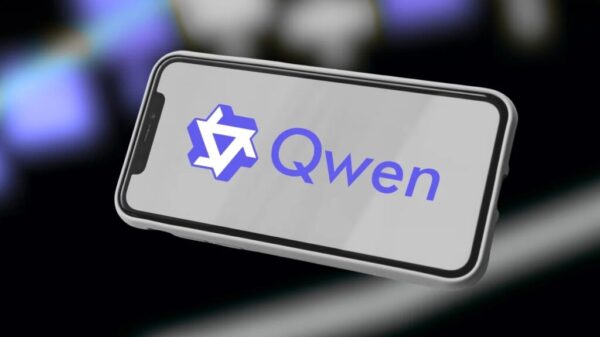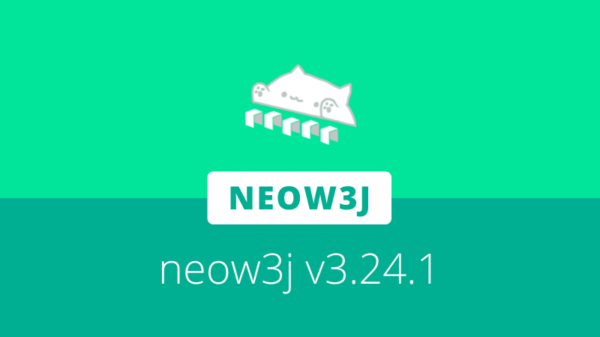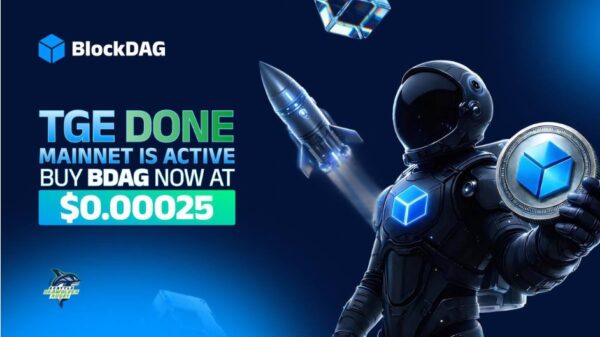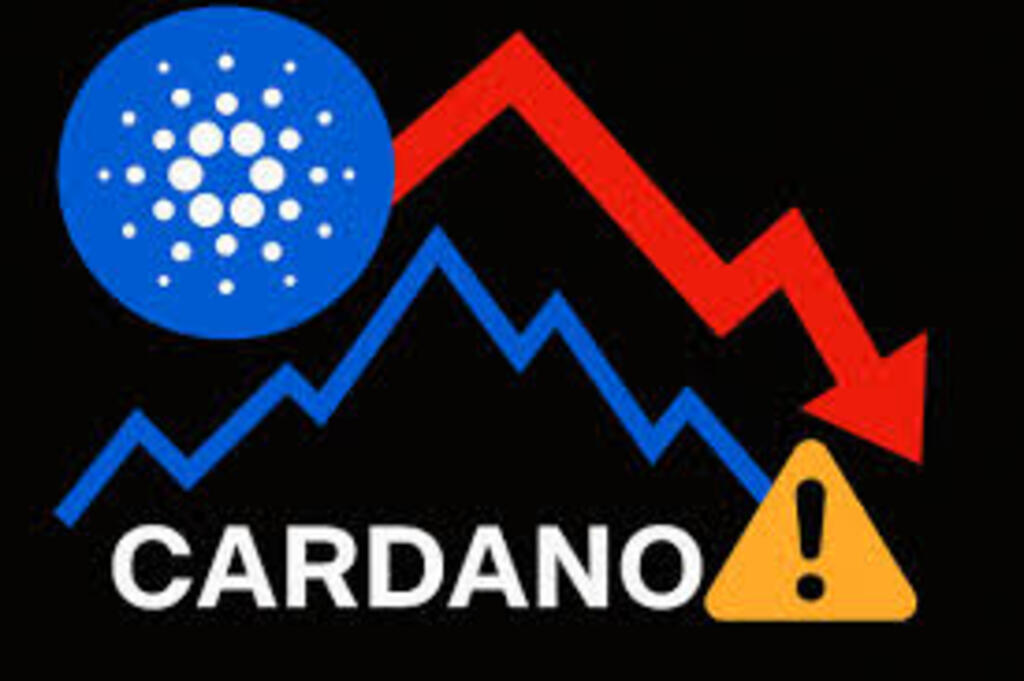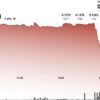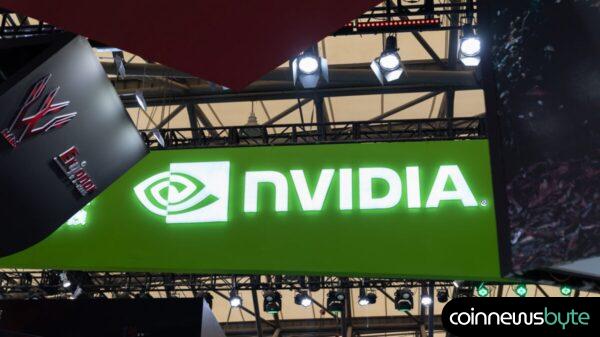On Friday, the Cardano network encountered an unexpected fork due to a malicious delegation transaction that took advantage of a vulnerability in its node software. This incident led to a brief partitioning of the blockchain; however, block production continued without interruption.
The fork was attributed to a validation mismatch between different versions of node software. According to Intersect, the governance body of Cardano, the newer versions accepted the malformed transaction, while older versions rejected it, resulting in the formation of two competing chains. A bug in a software library went unnoticed during the validation process, leading to this divergence.
Fortunately, the situation was quickly contained, and developers confirmed that the network remained functional throughout the ordeal. Despite the discrepancies, the protocol continued to operate normally, and production was not halted. Staking pool operators urged users to refrain from spreading misinformation regarding a network-wide outage.
Charles Hoskinson, co-founder of Cardano, described the incident as a calculated act by a disgruntled stake pool operator. He noted that the wallet associated with the transaction was identified within the same day, prompting alerts from law enforcement agencies, including the FBI. The wallet belonged to a participant of the Incentivized Testnet, and Hoskinson acknowledged that the incident had affected everyone temporarily, with some stake pool operators losing block rewards due to a double-spend.
In response to the fork, developers implemented a hard fork to merge the chains, restoring normal network operations. An operator, known as Homer J., publicly accepted responsibility for the incident, claiming it was an unintentional test to observe network behavior. Homer apologized and admitted to following AI-generated instructions that inadvertently caused the disruption.
Markus, a Cliopools operator, noted that initially, the branch containing the malformed transaction exhibited rapid growth, indicating a temporary advantage. Following the incident, the price of ADA fell by more than 5.9%, reaching its lowest point in the past 24 hours, trading at $0.4013.
As developers continue to address residual issues and stabilize the network, the community is encouraged to update to node version 10.5.3 to prevent similar occurrences in the future. Hoskinson commended the network”s resilience and assured stakeholders that the chains would fully converge shortly, restoring full functionality.

